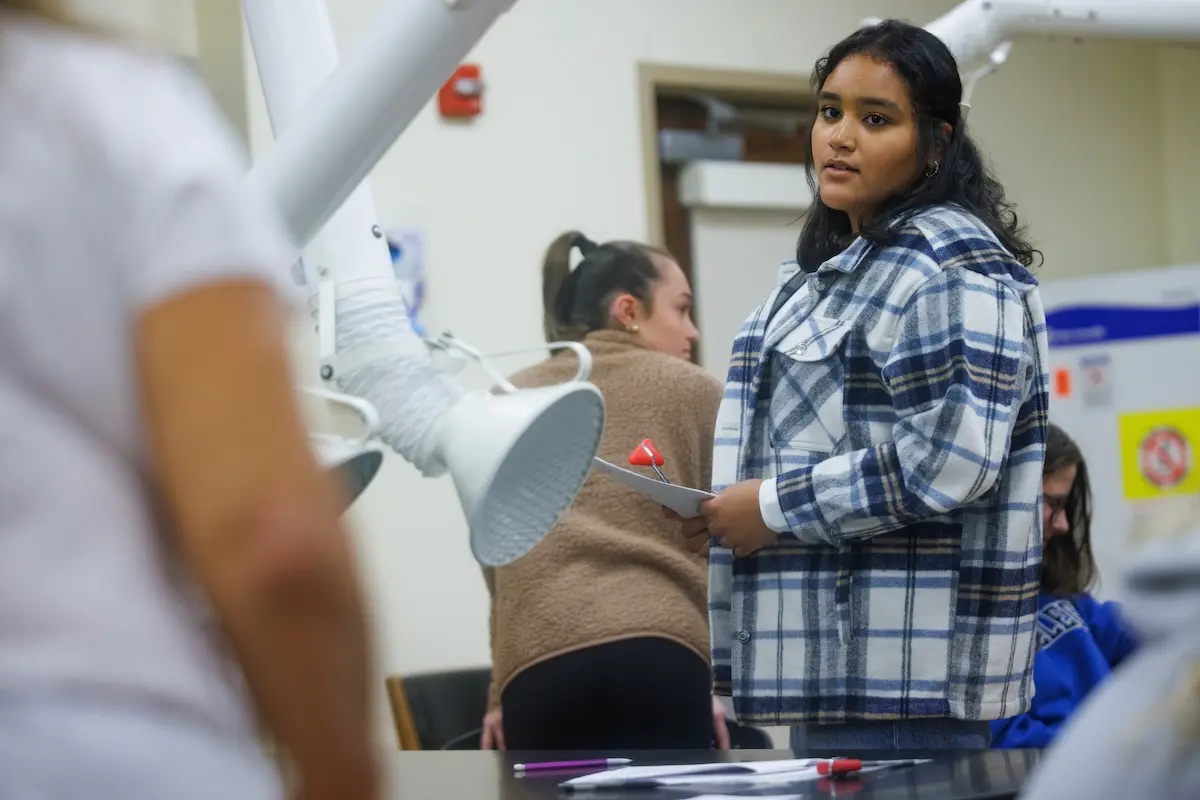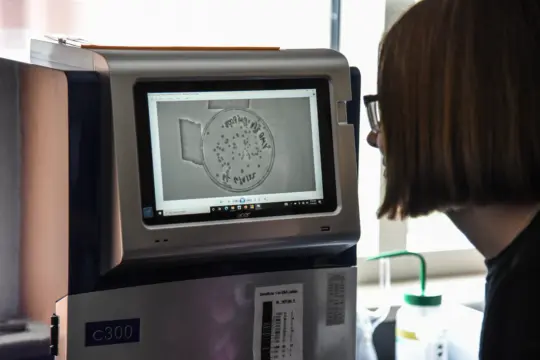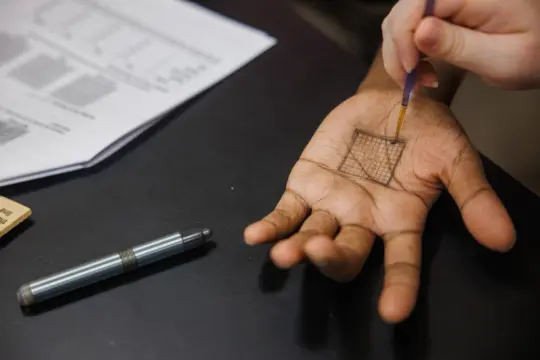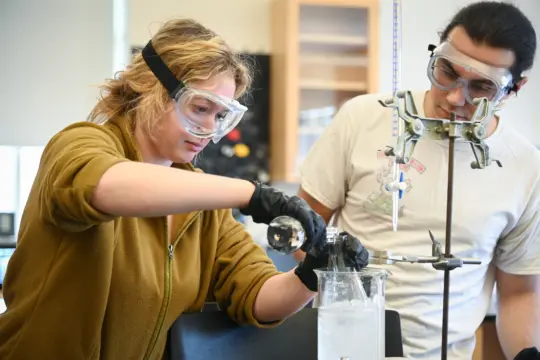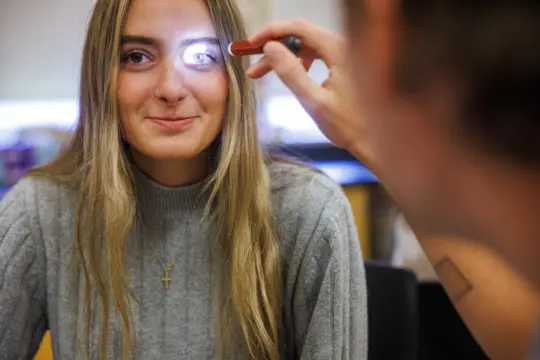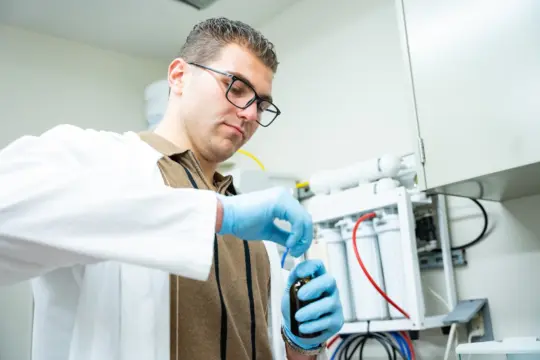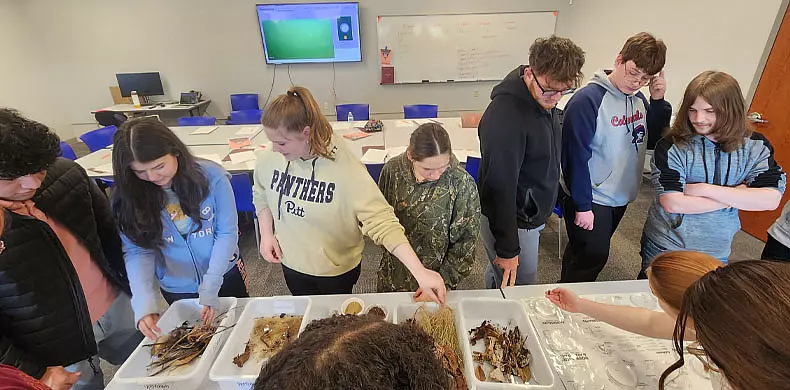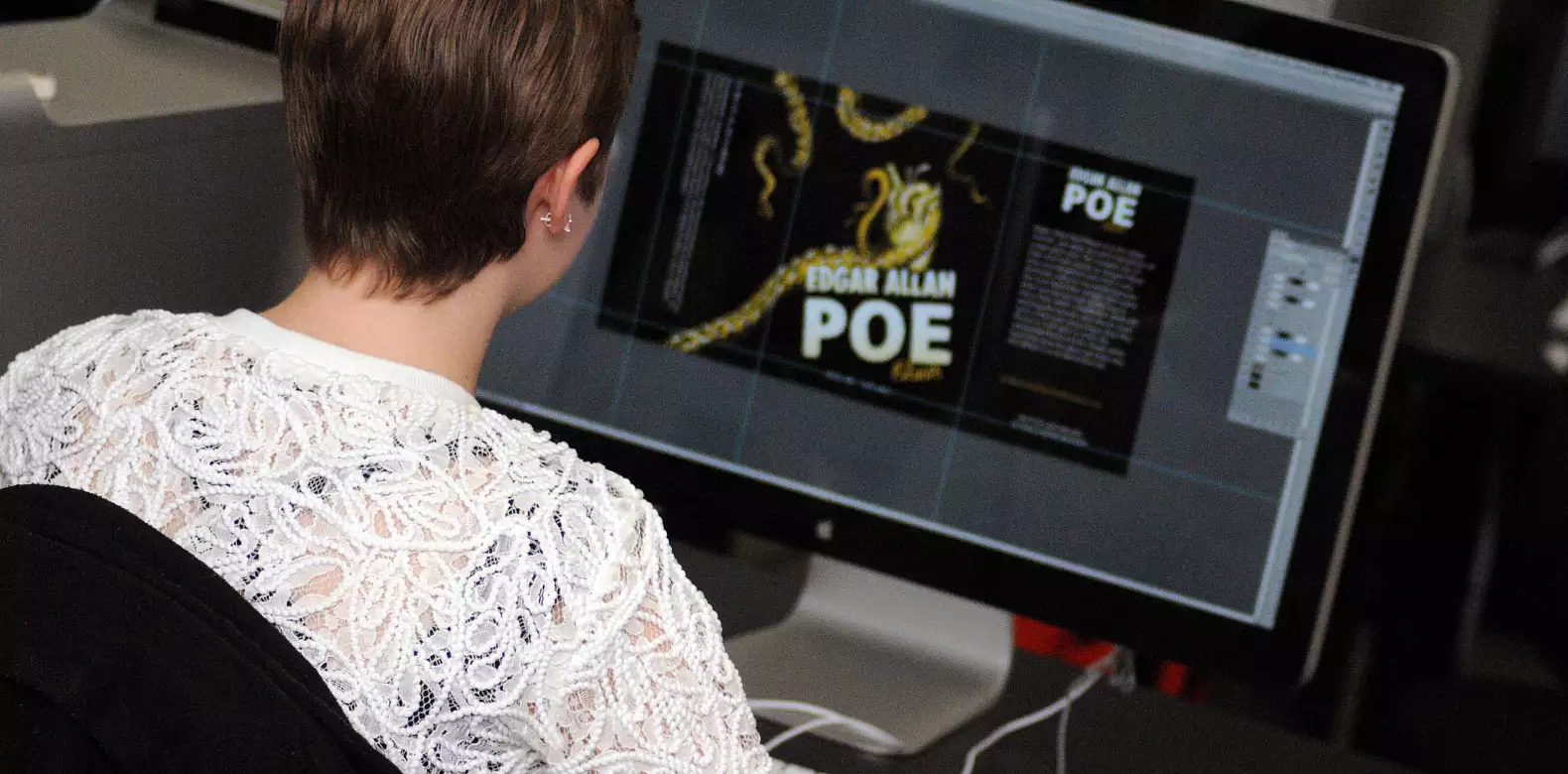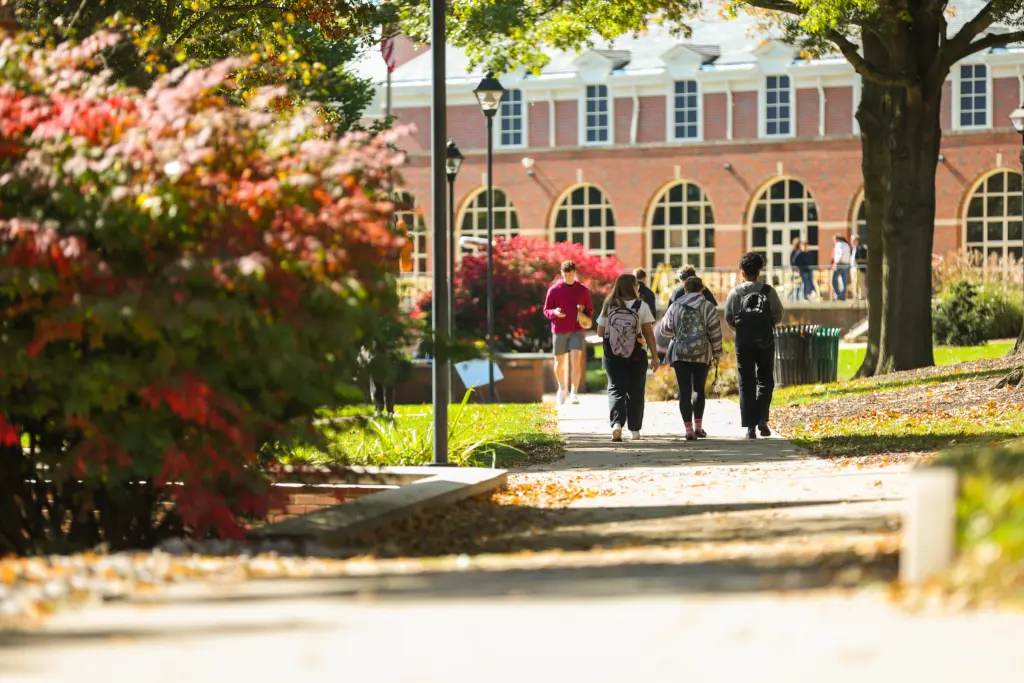Pre-Health Professions
Engage in research-focused science programs to lay the groundwork for a fulfilling career in health care.
flexible options to meet your goals
Preparing for Pre-Health Professions
Most health professional programs require a year of introductory biology, general chemistry, organic chemistry and physics, plus at least one semester of biochemistry and a math course such as biostatistics. Some graduate programs may require additional coursework. These prerequisites are built into the biomedical sciences major.
But that major isn’t the only path to a health career. If you choose another major, a health care studies minor can help you meet many requirements. Your advising team will help you choose the right major, minor and course plan based on your goals.

Hands-On Research
Our STEM faculty provide students with an opportunity to delve into relevant research projects with diverse applications. An individual student can align with a faculty mentor to explore a wide range of topics; each project is intended to underline the importance of research principles and provide the opportunity for hands-on learning techniques.
Time in the laboratory can be a short, focused experience during a single semester or span several semesters depending on student interest. Several of our STEM majors incorporate a research experience — known as a Senior Capstone — within the curriculum, and many students choose summer research options to further engage in their projects.
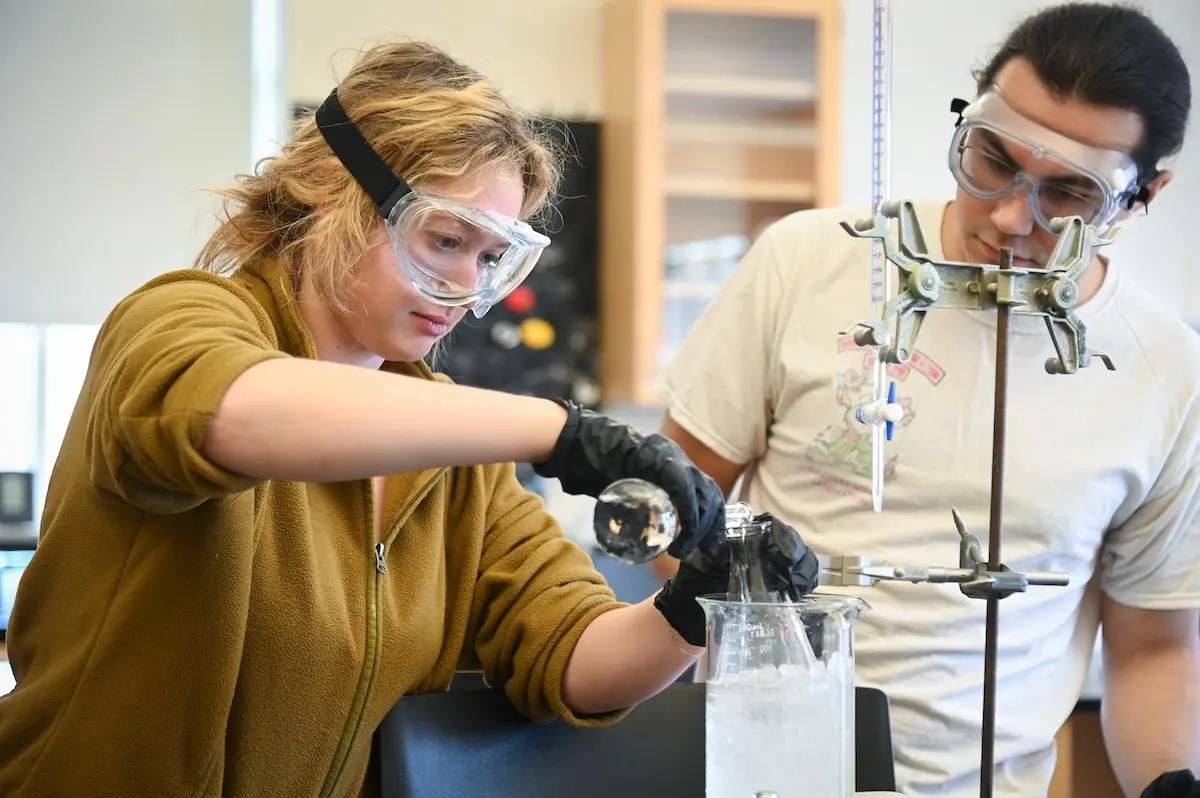
Real-World Patient Care
A critical component to a health care career path is first-hand patient care experience. Whether shadowing a provider in the community, volunteering for a community service group, performing skills during an official internship, or accruing valuable hours working in a medical setting, our students understand the importance of clinical exposure.
Students can design their own experiences by working jointly with our support team of health care advisors and the Career Development Center; opportunities can be arranged locally during the semester and also remotely during vacations and semester breaks.
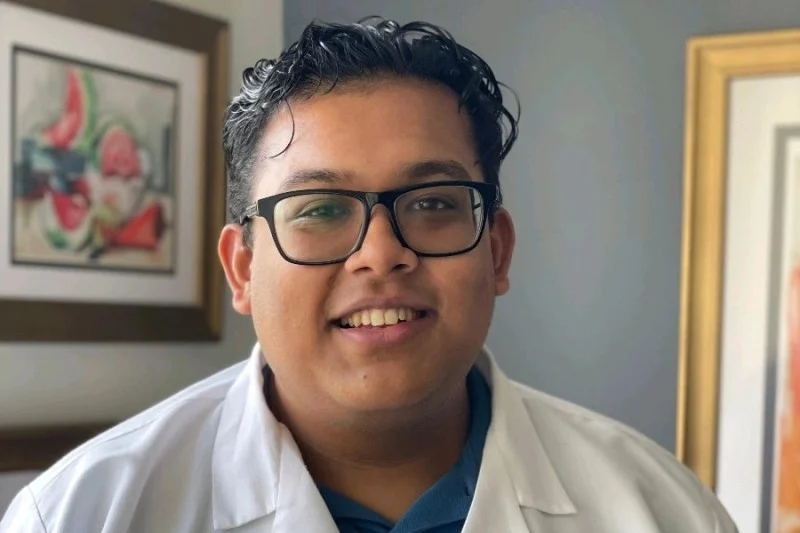
Test Prep & Grad School Advising
Standardized test requirements vary across health programs. While some have moved away from testing, others still place strong emphasis on it. Our advising team stays current with application trends and will guide you through what’s required for your specific path.
Tests like the MCAT, DAT, OAT and GRE are still important for many medical, dental, optometry and veterinary programs. Some nursing and physician assistant programs may no longer require the PCAT or PA-CAT. We also help you understand situational judgment tests like Casper and AAMC PREview, which some schools use in admissions.

Internships and Field studies in Health Care
Susquehanna University offers invaluable hands-on internships, funded by a $50,000 grant, providing students with essential health industry experience and professional development opportunities.
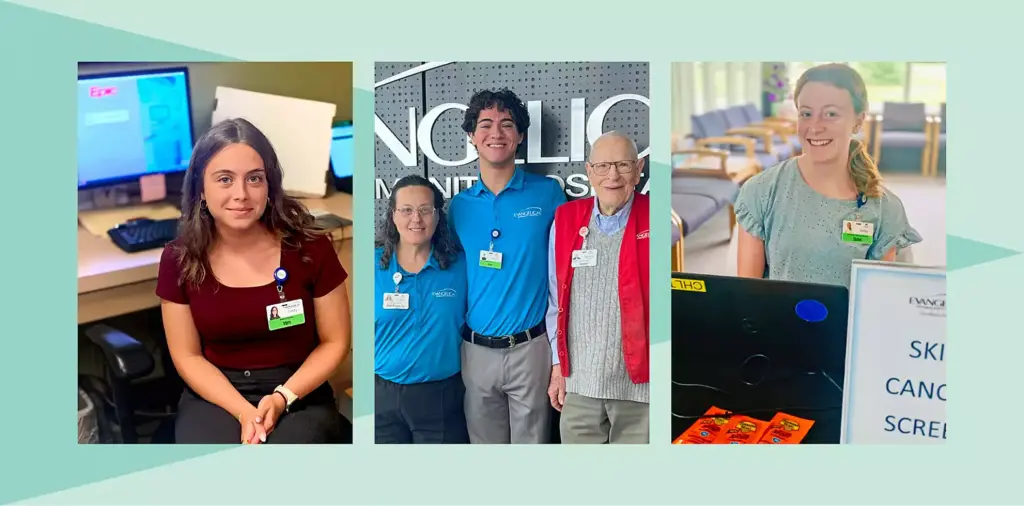
TAKE A VIRTUAL TOUR
Launch Natural Sciences CenterHave Questions?
Contact Us
Pre-Health Professions
514 University Ave.
Selinsgrove, Pa. 17870
Location
Natural Sciences Center
Department Head
Kelly Puzzi
570-372-4206
